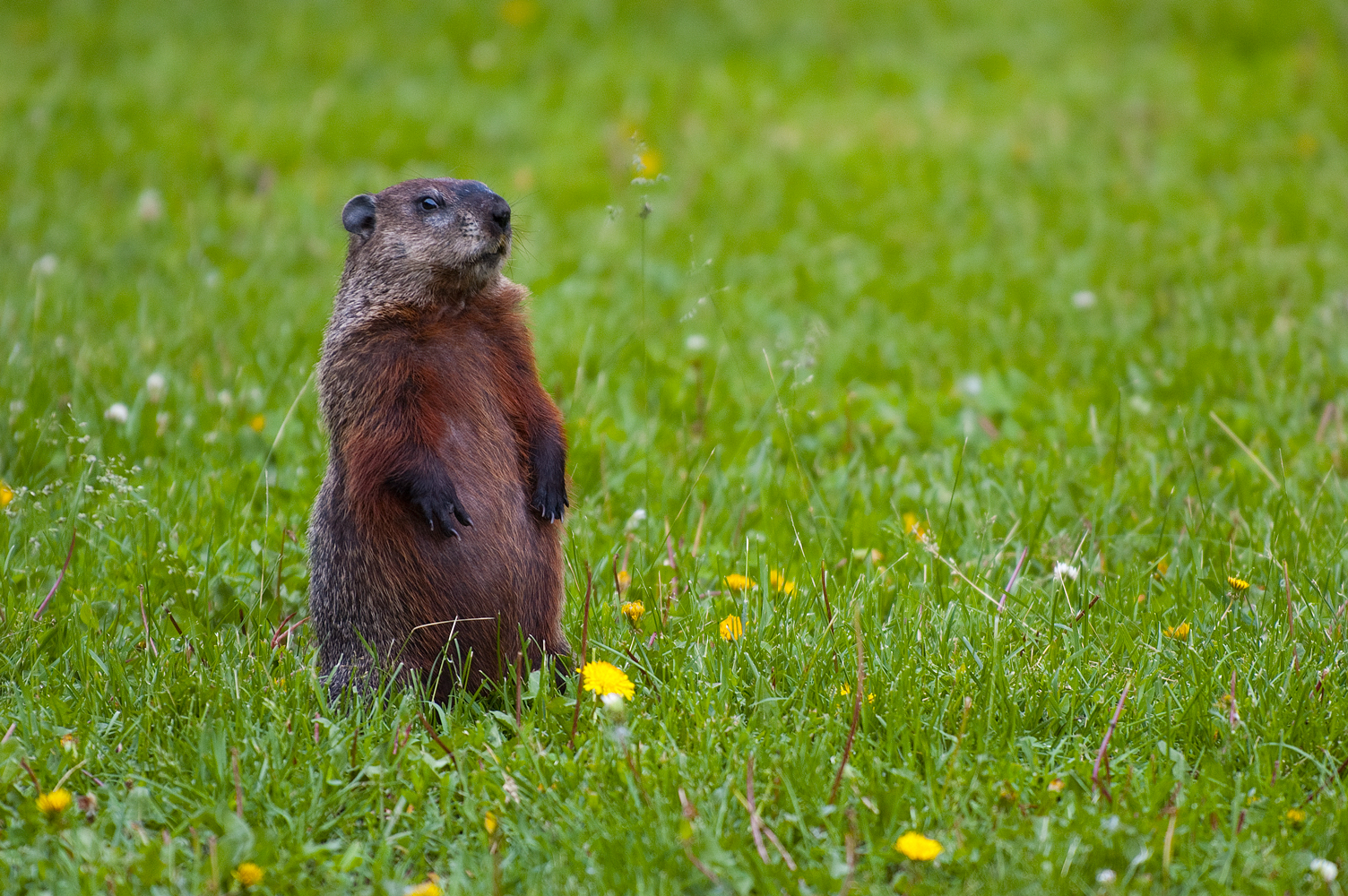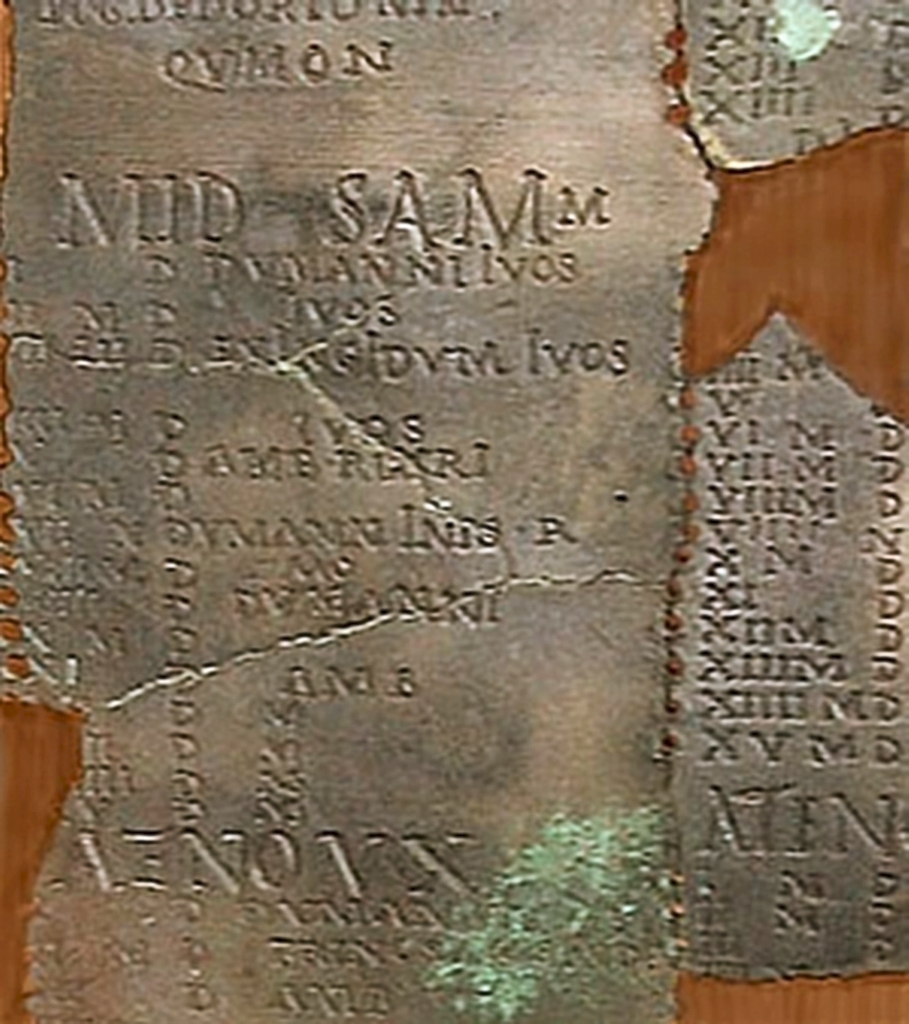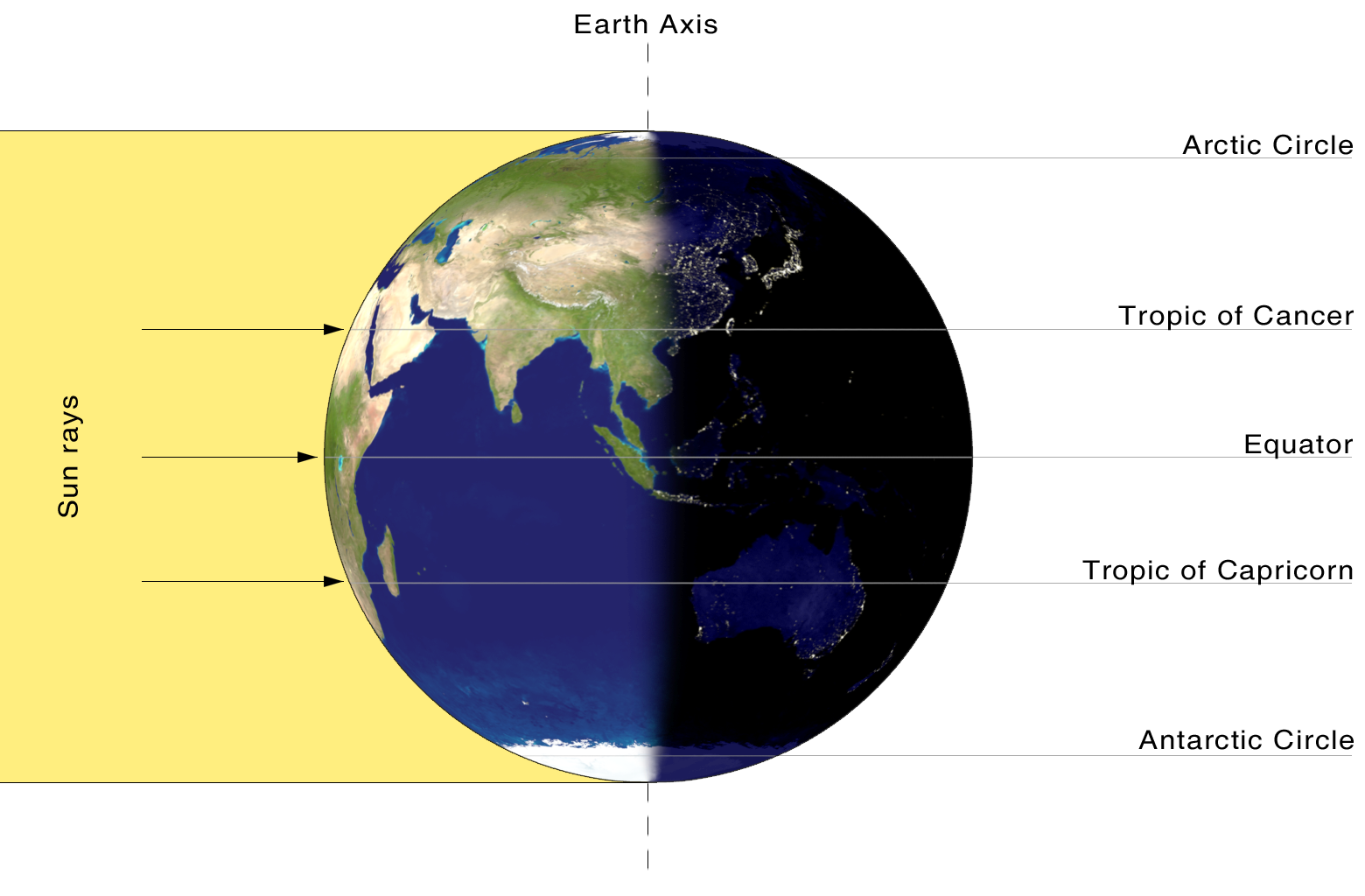|
St Brigid's Day
Imbolc or Imbolg (), also called Saint Brigid's Day (; ; ), is a Gaelic traditional festival on 1 February. It marks the beginning of spring, and in Christianity, it is the feast day of Saint Brigid, Ireland's patroness saint. Historically, its many folk traditions were widely observed throughout Ireland, Scotland and the Isle of Man. Imbolc falls about halfway between the winter solstice and the spring equinoxMcNeill, F. Marian (1959, 1961) ''The Silver Bough'', Vol. 1–4. William MacLellan, Glasgow; Vol. 2, pp. 11–42 and is one of the four Gaelic seasonal festivals, along with Bealtaine, Lughnasadh and Samhain. Imbolc is mentioned in early Irish literature, although less often than the other seasonal festivals. Historians suggest that Imbolc was originally a pre-Christian (or pagan) festival associated with the lambing season, the coming of spring, and possibly the goddess Brigid, proposing that the saint and her feast day might be Christianizations. A feas ... [...More Info...] [...Related Items...] OR: [Wikipedia] [Google] [Baidu] |
Catholic Church
The Catholic Church (), also known as the Roman Catholic Church, is the List of Christian denominations by number of members, largest Christian church, with 1.27 to 1.41 billion baptized Catholics Catholic Church by country, worldwide as of 2025. It is among the world's oldest and largest international institutions and has played a prominent role in the history and development of Western civilization.Gerald O'Collins, O'Collins, p. v (preface). The church consists of 24 Catholic particular churches and liturgical rites#Churches, ''sui iuris'' (autonomous) churches, including the Latin Church and 23 Eastern Catholic Churches, which comprise almost 3,500 dioceses and Eparchy, eparchies List of Catholic dioceses (structured view), around the world, each overseen by one or more Bishops in the Catholic Church, bishops. The pope, who is the bishop of Rome, is the Papal supremacy, chief pastor of the church. The core beliefs of Catholicism are found in the Nicene Creed. The ... [...More Info...] [...Related Items...] OR: [Wikipedia] [Google] [Baidu] |
Groundhog Day
Groundhog Day (, , , ; Lunenburg County, Nova Scotia, Lunenburg, Nova Scotia: Daks Day) is a tradition observed regionally in the United States and Canada on February 2 of every year. It derives from the Pennsylvania Dutch superstition that if a groundhog emerges from its burrow on this day and sees its shadow, it will retreat to its den and winter will go on for six more weeks; if it does not see its shadow, spring will arrive early. In 2025, the shadow was seen, auguring six more weeks of winter. While the tradition remains popular in the 21st century, studies have found no consistent association between a groundhog seeing its shadow and the subsequent arrival time of spring-like weather. The weather lore was brought from German-speaking areas where the badger () is the forecasting animal, while in Hungary for example the bear serves the same purpose, and Badger, badgers were only watched when Bear, bears were not around. It is related to the lore that clear weather on the Chr ... [...More Info...] [...Related Items...] OR: [Wikipedia] [Google] [Baidu] |
Barry Cunliffe
Sir Barrington Windsor Cunliffe (born 10 December 1939), usually known as Sir Barry Cunliffe, is a British archaeologist and academic. He was Professor of European Archaeology at the University of Oxford from 1972 to 2007. Since 2007, he has been an emeritus professor. Biography Cunliffe's decision to become an archaeologist was sparked at the age of nine by the discovery of Roman remains on his uncle's farm in Somerset. Cunliffe studied at Portsmouth Northern Grammar School (now the Mayfield School) and read archaeology and anthropology at St John's College, Cambridge. While a student at the University of Cambridge, he ran and won an election against his course mate and fellow Johnian Colin Renfrew in order to become president of the University of Cambridge Archaeological Field Club (AFC). He became a lecturer at the University of Bristol in 1963. Fascinated by the Roman remains in nearby Bath he embarked on a programme of excavation and publication. In 1966, he became an u ... [...More Info...] [...Related Items...] OR: [Wikipedia] [Google] [Baidu] |
Samhain
Samhain ( , , , ) or () is a Gaels, Gaelic festival on 1 November marking the end of the harvest season and beginning of winter or the "Celtic calendar#Medieval Irish and Welsh calendars, darker half" of the year.Dáithí Ó hÓgáin, Ó hÓgáin, Dáithí. ''Myth Legend and Romance: An Encyclopaedia of the Irish Folk Tradition''. Prentice Hall Press, 1991. p. 402. Quote: "The basic Irish division of the year was into two parts, the summer half beginning at Bealtaine (May 1st) and the winter half at Samhain (November 1st) ... The festivals properly began at sunset on the day before the actual date, evincing the Celtic tendency to regard the night as preceding the day". It is also the Irish and Scottish Gaelic name for November. Celebrations begin on the evening of 31 October, since the Celtic calendar#Medieval Irish and Welsh calendars, Celtic day began and ended at sunset. This is about halfway between the September equinox, autumnal equinox and winter solstice. It is one of ... [...More Info...] [...Related Items...] OR: [Wikipedia] [Google] [Baidu] |
Lughnasadh
Lughnasadh, Lughnasa or Lúnasa ( , ) is a Gaels, Gaelic festival marking the beginning of the harvest season. Historically, it was widely observed throughout Ireland, Scotland, and the Isle of Man. Traditionally, it is held on 1 August, or about halfway between the summer solstice and september equinox, autumn equinox. In recent centuries, some celebrations have shifted to Sundays near this date. Lughnasadh is one of Quarter days, the four Gaelic seasonal festivals, along with Samhain, Imbolc, and Beltane. It corresponds to the Welsh and the English Lammas. Lughnasadh is mentioned in early Irish literature and has Celtic polytheism, pagan origins. The festival is named after the god Lugh. In the Middle Ages, it involved great gatherings that included ceremonies, athletic contests (most notably the Tailteann Games (ancient), Tailteann Games), horse racing, feasting, matchmaking, and trading. According to folklorist Máire MacNeill, evidence suggests that the religious rites in ... [...More Info...] [...Related Items...] OR: [Wikipedia] [Google] [Baidu] |
Bealtaine
Beltane () or ''Bealtaine'' () is the Gaelic May Day festival, marking the beginning of summer. It is traditionally held on 1 May, or about midway between the spring equinox and summer solstice. Historically, it was widely observed in Ireland, Scotland, and the Isle of Man. In Ireland, the name for the festival in both Irish and English is (). In Scottish Gaelic it is called (), and in Manx Gaelic or . It is one of the four main Gaelic seasonal festivals—along with Samhain, Imbolc, and Lughnasadh—and is similar to the Welsh . Beltane is mentioned in the earliest Irish literature and is associated with important events in Irish mythology. Also known as ('first of summer'), it marked the beginning of summer and was when cattle were driven out to the summer pastures. Rituals were performed to protect cattle, people and crops, and to encourage growth. Special bonfires were kindled, whose flames, smoke and ashes were deemed to have protective powers. The people and thei ... [...More Info...] [...Related Items...] OR: [Wikipedia] [Google] [Baidu] |
Quarter Days
In British and Irish tradition, the quarter days are the four dates in each year on which servants were hired, school terms started, and rents were due. They fell on four religious festivals roughly three months apart and close to the two solstices and two equinoxes. The significance of quarter days is now limited, although rents for properties in England are often still due on the old English quarter days. The quarter days have been observed at least since the Middle Ages, and they ensured that debts and unresolved lawsuits were not allowed to linger on. Accounts had to be settled, and a reckoning had to be made and publicly recorded on the quarter days. England and Wales The English quarter days (also observed in Wales and the Channel Islands) are * Lady Day (25 March, the Feast of the Annunciation); * Midsummer Day (24 June, the Feast of the Nativity of St John the Baptist); * Michaelmas Day (29 September, the Feast of St Michael and All Angels); and *Christmas Day (25 ... [...More Info...] [...Related Items...] OR: [Wikipedia] [Google] [Baidu] |
Spring Equinox (Northern Hemisphere)
The March equinox or northward equinox is the equinox on the Earth when the subsolar point appears to leave the Southern Hemisphere and cross the celestial equator, heading northward as seen from Earth. The March equinox is known as the vernal equinox (or spring equinox) in the Northern Hemisphere and as the autumnal equinox (or fall equinox) in the Southern Hemisphere. On the Gregorian calendar at 0° longitude, the northward equinox can occur as early as 19 March (which happened most recently in 1796, and will happen next in 2044), and it can occur as late as 21 March (which happened most recently in 2007, and will happen next in 2102). For a common year the computed time slippage is about 5 hours 49 minutes ''later'' than the previous year, and for a leap year about 18 hours 11 minutes ''earlier'' than the previous year. Balancing the increases of the common years against the losses of the leap years keeps the calendar date of the March equinox from drifting more than one ... [...More Info...] [...Related Items...] OR: [Wikipedia] [Google] [Baidu] |
Winter Solstice
The winter solstice, or hibernal solstice, occurs when either of Earth's geographical pole, poles reaches its maximum axial tilt, tilt away from the Sun. This happens twice yearly, once in each hemisphere (Northern Hemisphere, Northern and Southern Hemisphere, Southern). For that hemisphere, the winter solstice is the day with the shortest daytime, period of daylight and longest night of the year, and when the Sun is at its lowest culmination, daily maximum elevation in the sky. Each Polar Circle, polar region experiences polar night, continuous darkness or twilight around its winter solstice. The opposite event is the summer solstice. The winter solstice occurs during the hemisphere's winter. In the Northern Hemisphere, this is the December solstice (December 21 or 22) and in the Southern Hemisphere, this is the June solstice (June 20 or 21). Although the winter solstice itself lasts only a moment, the term also refers to the day on which it occurs. Traditionally, in many Tem ... [...More Info...] [...Related Items...] OR: [Wikipedia] [Google] [Baidu] |
Isle Of Man
The Isle of Man ( , also ), or Mann ( ), is a self-governing British Crown Dependency in the Irish Sea, between Great Britain and Ireland. As head of state, Charles III holds the title Lord of Mann and is represented by a Lieutenant Governor. The government of the United Kingdom is responsible for the Isle of Man's military defence and represents it abroad, but the Isle of Man still has a separate international identity. Humans have lived on the island since before 6500 BC. Gaelic cultural influence began in the 5th century AD, when Irish missionaries following the teaching of St Patrick began settling the island, and the Manx language, a branch of the Goidelic languages, emerged. In 627, King Edwin of Northumbria conquered the Isle of Man along with most of Mercia. In the 9th century, Norsemen established the thalassocratic Kingdom of the Isles, which included the Hebrides and the Northern Isles, along with the Isle of Man as the southernmost island. Magnus Bar ... [...More Info...] [...Related Items...] OR: [Wikipedia] [Google] [Baidu] |
Scotland
Scotland is a Countries of the United Kingdom, country that is part of the United Kingdom. It contains nearly one-third of the United Kingdom's land area, consisting of the northern part of the island of Great Britain and more than 790 adjacent Islands of Scotland, islands, principally in the archipelagos of the Hebrides and the Northern Isles. To the south-east, Scotland has its Anglo-Scottish border, only land border, which is long and shared with England; the country is surrounded by the Atlantic Ocean to the north and west, the North Sea to the north-east and east, and the Irish Sea to the south. The population in 2022 was 5,439,842. Edinburgh is the capital and Glasgow is the most populous of the cities of Scotland. The Kingdom of Scotland emerged as an independent sovereign state in the 9th century. In 1603, James VI succeeded to the thrones of Kingdom of England, England and Kingdom of Ireland, Ireland, forming a personal union of the Union of the Crowns, three kingdo ... [...More Info...] [...Related Items...] OR: [Wikipedia] [Google] [Baidu] |
Ireland
Ireland (, ; ; Ulster Scots dialect, Ulster-Scots: ) is an island in the North Atlantic Ocean, in Northwestern Europe. Geopolitically, the island is divided between the Republic of Ireland (officially Names of the Irish state, named Irelanda sovereign state covering five-sixths of the island) and Northern Ireland (part of the United Kingdomcovering the remaining sixth). It is separated from Great Britain to its east by the North Channel (Great Britain and Ireland), North Channel, the Irish Sea, and St George's Channel. Ireland is the List of islands of the British Isles, second-largest island of the British Isles, the List of European islands by area, third-largest in Europe, and the List of islands by area, twentieth-largest in the world. As of 2022, the Irish population analysis, population of the entire island is just over 7 million, with 5.1 million in the Republic of Ireland and 1.9 million in Northern Ireland, ranking it the List of European islands by population, ... [...More Info...] [...Related Items...] OR: [Wikipedia] [Google] [Baidu] |








